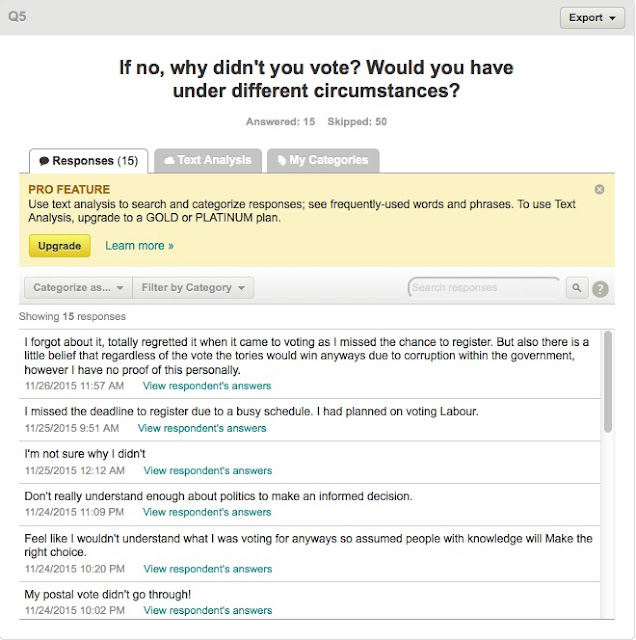
I thought that adapting an already existing piece of graphic design that serves as the physical equivalent would eradicate the need for consumer confusion, there’s now no requirement to accept a new service, as anyone who’s familiar with voting will recognise the styling and be more trusting. If you've ever voted at a polling station you'll recognise the design of this box either consciously or subconciously, so that justified my decisions to directly take the stlye from the ballot box and adapt it into my digital brand. After a little thought, it seemed like not only an obvious transistion, but a suitable one too.
Here's how the branding looks after I replicated the style:
I also went with the tagline: "The Secure App Based Vote", through reading my dissertation you'll notice a massive portion of what I investigate is the technicality of how an app like this could be secure, and my argument is that it can be. I wanted to stress this within the design itself because I feel this would be important from a consumers point of view.
On that note, that's also the reason I decided to use a 'TM' registered trademark symbol, as it solidifies trust with the user, and if a project like this was to go it ahead it would require some sort of seal of approval.
I've not discussed whether an app like this would be governement owned, or third-party and it is important, however I'm only hypothesising this service.



















